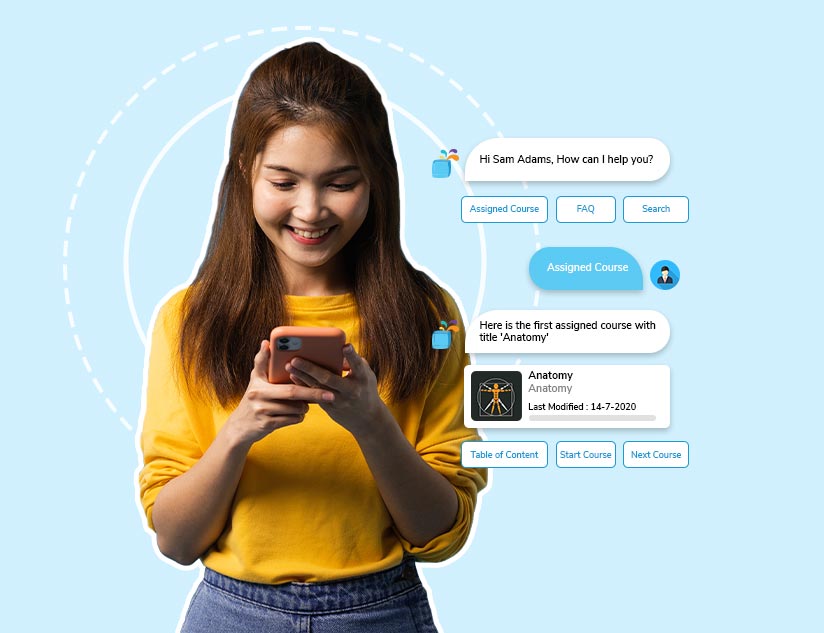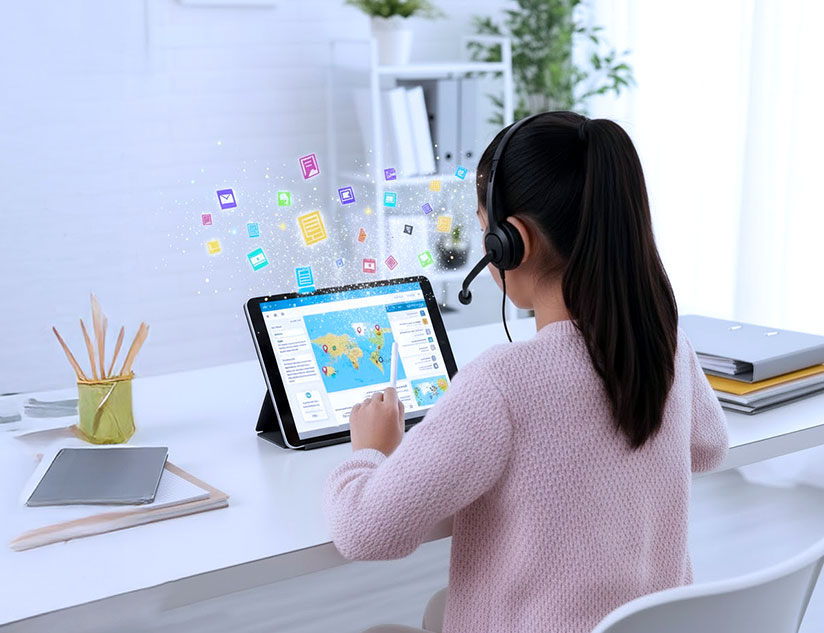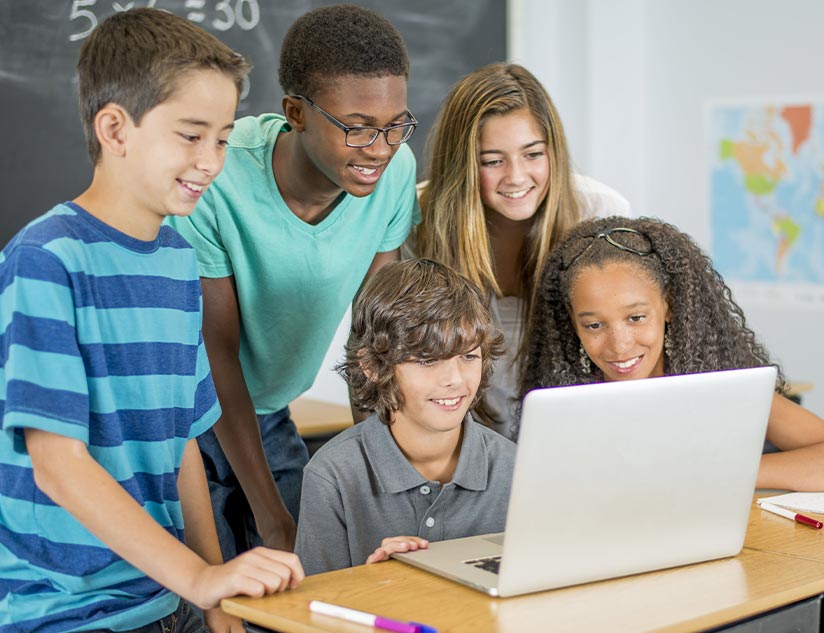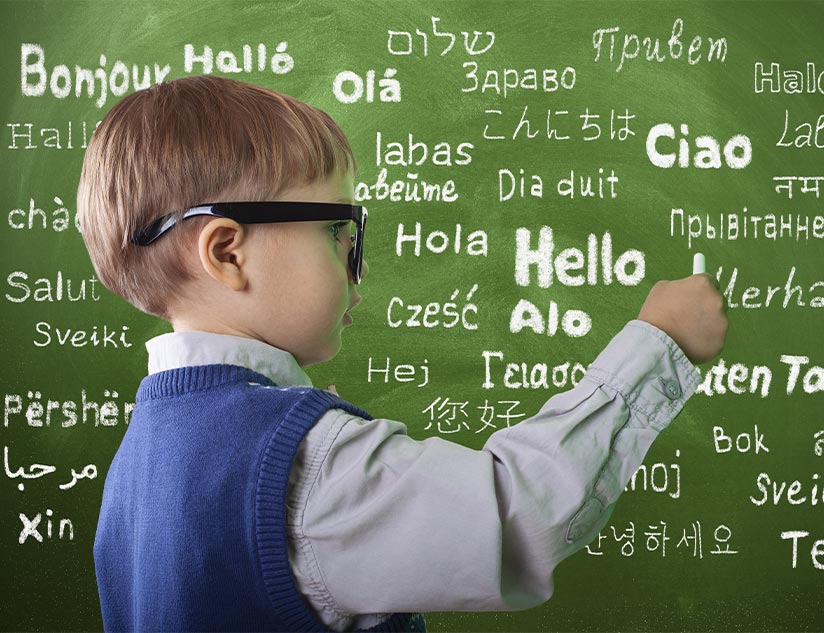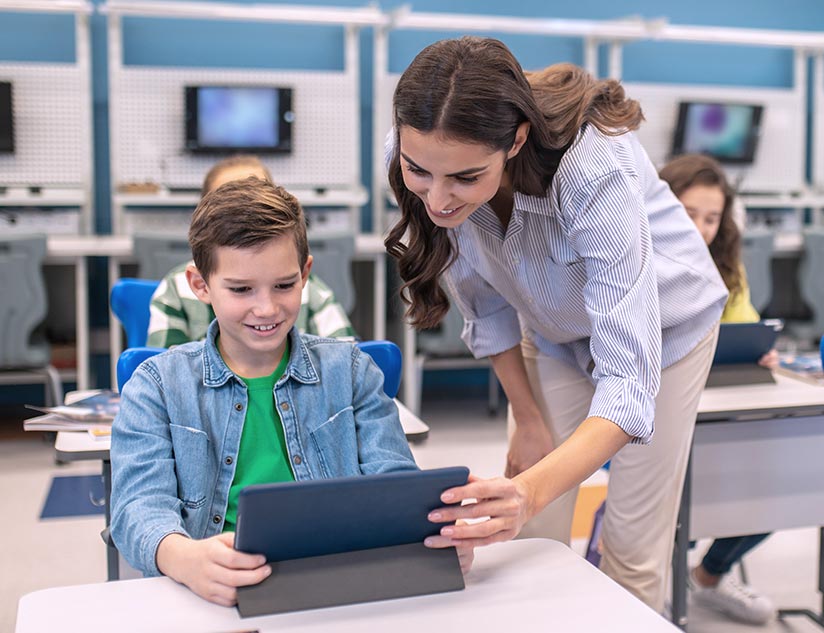Artificial Intelligence and Learning Assistants have made such a huge difference in the way businesses interact with and engage customers. So much so that the use of chatbots increased 92% between 2019 and 2020. In fact, the use of AI-powered chatbots can help organizations save up to 30% in customer support costs. If chatbots can offer such advantages for the corporate world, why not for education?
We have already seen AR/VR and simulations gradually gaining prominence for the student learning experience. Now, AI-based chatbots are gaining ground. Experts predict that the #1 use case for chatbots is to get a quick answer during an emergency, with the #2 use case being resolving a question or complaint. Could chatbots be the perfect means to creating a global learning environment with no geographical boundaries?
This emerging technology in the education sector is expected to grow at a CAGR of 47% during 2018-2023 and reach $3.68 billion by 2023. This remarkable growth can be attributed to its multiple benefits for both the teachers and students. While teachers can focus more on the teaching process, with the help of AI-customized tools, students can gain access to a better level of individualized learning.
AI solutions can even help assess each student’s needs, and customize content discovery, along with engaging games, quizzes, software, and other adaptive learning programs.
Here are four ways AI is improving the student learning experience.
1. Personalized Learning
Every student is different and their approach to learning is unique. They should be allowed to learn at their own pace with structure and support in challenging areas. This is where personalized learning comes in. It enables students to receive a customized learning experience. It creates an engaging environment for them with learning aligned with their unique interests, needs and skills. This allows them to gain a better understanding of concepts.
Teachers cannot be expected to personalize their teaching methods for every student in the class or offer one-on-one sessions for each learner. An AI-powered chatbot can help students discover exactly what learning materials and assignments/assessments have been assigned to them. It can recommend relevant content, remind the learner of pending tasks and much more. With the power of machine learning, the interactions improve with use, such that the virtual learning assistant can even modify its communication style to each student, based on the individual response and expression.
2. Smart and Innovative Learning Environment
Traditionally, students had to wait until they were in class or when teachers were available to resolve any questions or doubts. However, with a virtual learning assistant, they have access to support 24/7. AI-powered platforms that allow anytime, anywhere access to content and the chatbot across multiple devices and operating systems, are also capable of providing multilingual support for non-English speaking students.
This has been extremely helpful during the pandemic. It is estimated that over 100 million children may fall below the minimum proficiency level in reading due to this health crisis. But, AI solutions have come to the rescue and significantly reduced the probable learning loss. They offer smart and innovative learning experiences for students, making content easily digestible by dividing it into comprehensible chunks, highlighting important concepts, summarizing key points, and much more. In a virtual learning environment, students tend to take 40%-60% less time to learn than in a traditional classroom setting because they can learn at their own pace. It also creates an interactive community for students of different ages and grades.
3. 24/7 Assistance
Many AI-powered chatbots are also helping the students by allowing them to consult from anywhere and at any time. These chatbots use machine learning algorithms to search for meanings and patterns in users’ messages and offer helpful answers. Teachers can also configure the chatbot to provide answers for a set of common questions their students might have about a lesson, homework assignment, etc.
For instance, a virtual teaching assistant was developed at Georgia Tech in 2016 and programmed to respond to student questions in a class discussion forum. Studies indicated that it increased student participation levels when compared to residential classes. Additionally, it lessened the workload for teachers. In this way, a chatbot can play a crucial role of a teaching assistant, online support agent, and content distributor.
4. Assistance with Assignments and Assessments
Teachers can deploy a variety of online assessments for students with the help of digital learning platforms, with some correlations between assessment types and skills needed. This allows teachers to better gauge the learning potential and support needs of each student. Virtual learning assistants are also helping in this process. They are being used for simple tasks such as checking absence and homework progress. Some of them can even be used for evaluating multiple-choice questions or automating the scoring of long-form answers.
Many institutions across the world are choosing AI-powered assessment tools to carry out tests online. They save teachers lots of time, reduce their work, and eliminate the risk of human error. For students, it minimizes the scope of cheating and gets them quick assessments and immediate feedback.
Conclusion
Artificial intelligence and Learning Assistants has made a huge impact on the lives of students. They can conveniently learn online at any time, from anywhere, and get quick solutions to their problems. They can also enhance their performance via the personalized support offered by this technology.
If you are looking for AI and machine learning-powered intelligent solutions for your products, contact us to know how we can help.

